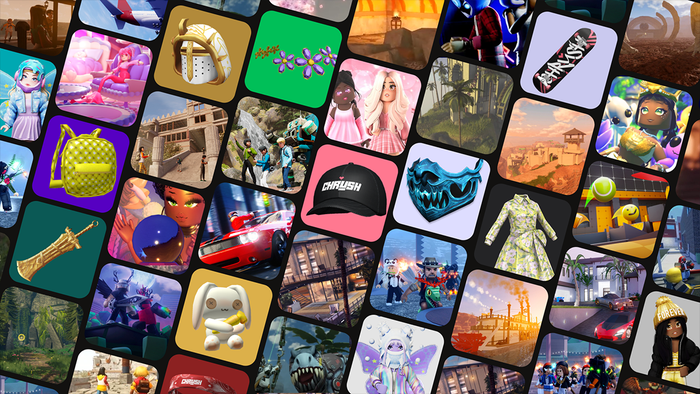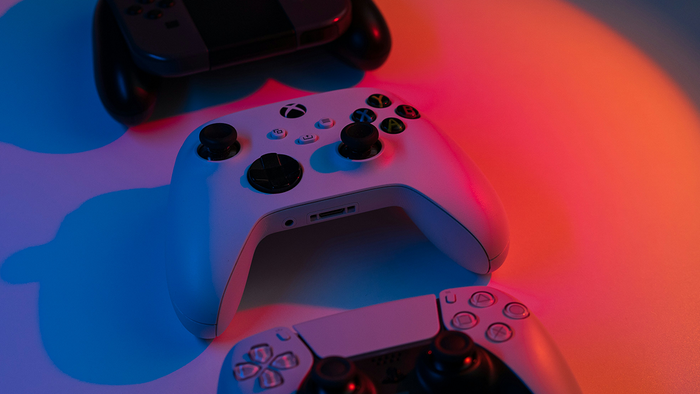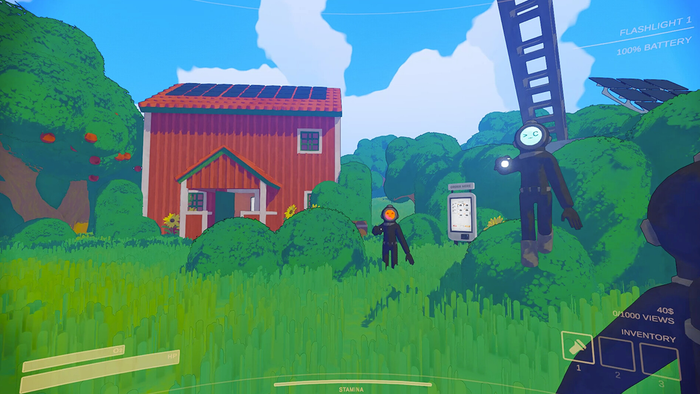With the 2013 Games for Health conference now underway in Boston, organizer Ben Sawyer looks forward to how the field of serious games for health may evolve into a sustainable industry.

With the 2013 Games for Health conference now underway in Boston, organizer Ben Sawyer looks forward to the field of serious games for physical and mental health breaking out into a sustainable industry. "I think the big thing is still trying to turn it into more of a business instead of an area of just R&D," Sawyer tells Gamasutra. "As the industry moves out of the lab and into sustainable commercial and social enterprises, we need to support them more aggressively." This year's conference will do away with many of its conventional conference tracks and instead focuses on providing resources for breaking out of an academic funding space and into private industry. A large part of that push, Sawyer says, is coming from independents, which feature prominently at this year's conference. "When you look at games like anna anthropy's dys4ia and Vander Caballero's Papo & Yo, it becomes a sort of very passionate patient advocacy," says Sawyer. In addition to games about physical health, Sawyer is looking forward to this year's offerings dealing with emotional and mental health. He's particularly excited about Zoe Quinn's Depression Quest and Ryan Green and Josh Larson's That Dragon, Cancer. "As game tools and techniques become more pervasive -- easier toolsets, better skilled people able to build things and set things down to where they can do it on nights and weekends -- you're going to start to see people using games to address significant portions of their lives, [and] we'll see even more health games come out, because it's just impossible to do games about life and the things in it without that being a significant portion." On the way out, says Sawyer, are gamified healthcare apps based around goal-setting and reward incentives. "A couple of major health companies have begun to say, 'how do we move beyond this?'" he says. He anticipates that, rather than depending on a glut of points systems, developers for serious games will look to the simplicity promised from gamification and build upon that idea instead, to design games digestible in the classroom. "Four years ago the idea would have been 'oh, let's put Wiis in all the classrooms!' That's obviously not going to happen," says Sawyer. "Overall I think people are getting smarter about what gamification is and was... Since most classrooms now have projectors and at least one laptop, we can create a simple set of games that get kids to do these simple extra breaks of exercise, and we can make that more pervasive than the ideas we had three, four years ago." Sawyer is also excited for games that, while not precisely educational by design, grant opportunities to introduce players to and teach certain concepts in a fun way -- such as Bossa Studios' QWOP-like Surgeon Simulator.  "I'm going to bring it out at the conference and have a laugh with people trying to play it. I'm going to ask 'do we have a doctor here? A surgeon?' There has to be at least one," he says keenly. "And they're going to fail miserably, of course, if they haven't played it before." "It's not meant to be a teaching tool, but I guarantee you, as wide as that game eventually gets, and as more people play it, let alone other kinds of health games, the more of an impact it will have. We know this from other media. People say they want to be a doctor because they saw one on TV and their job looked exciting. Surgeon Simulator's no different in that respect." Sawyer notes that Surgeon Simulator, as another independent title borne out of a game jam, further helps to paint a bright future for indies in the field of games for health. "They're really the people who are going to pull the health games space out of its 'emergent' status and get it into something that is sustainable... I think it would be a big plus to see others racing ahead through their own personal capabilities and ingenuity, versus how well they wrote their last grant proposal." This year's Games for Health runs from June 26th to 28th. Additionally, for the first time in the conference's history Games for Health will be live-streaming two of its sessions on Thursday and Friday through DiscoverVideo. A full schedule is available here.
"I'm going to bring it out at the conference and have a laugh with people trying to play it. I'm going to ask 'do we have a doctor here? A surgeon?' There has to be at least one," he says keenly. "And they're going to fail miserably, of course, if they haven't played it before." "It's not meant to be a teaching tool, but I guarantee you, as wide as that game eventually gets, and as more people play it, let alone other kinds of health games, the more of an impact it will have. We know this from other media. People say they want to be a doctor because they saw one on TV and their job looked exciting. Surgeon Simulator's no different in that respect." Sawyer notes that Surgeon Simulator, as another independent title borne out of a game jam, further helps to paint a bright future for indies in the field of games for health. "They're really the people who are going to pull the health games space out of its 'emergent' status and get it into something that is sustainable... I think it would be a big plus to see others racing ahead through their own personal capabilities and ingenuity, versus how well they wrote their last grant proposal." This year's Games for Health runs from June 26th to 28th. Additionally, for the first time in the conference's history Games for Health will be live-streaming two of its sessions on Thursday and Friday through DiscoverVideo. A full schedule is available here.
Read more about:
2013About the Author(s)
You May Also Like







